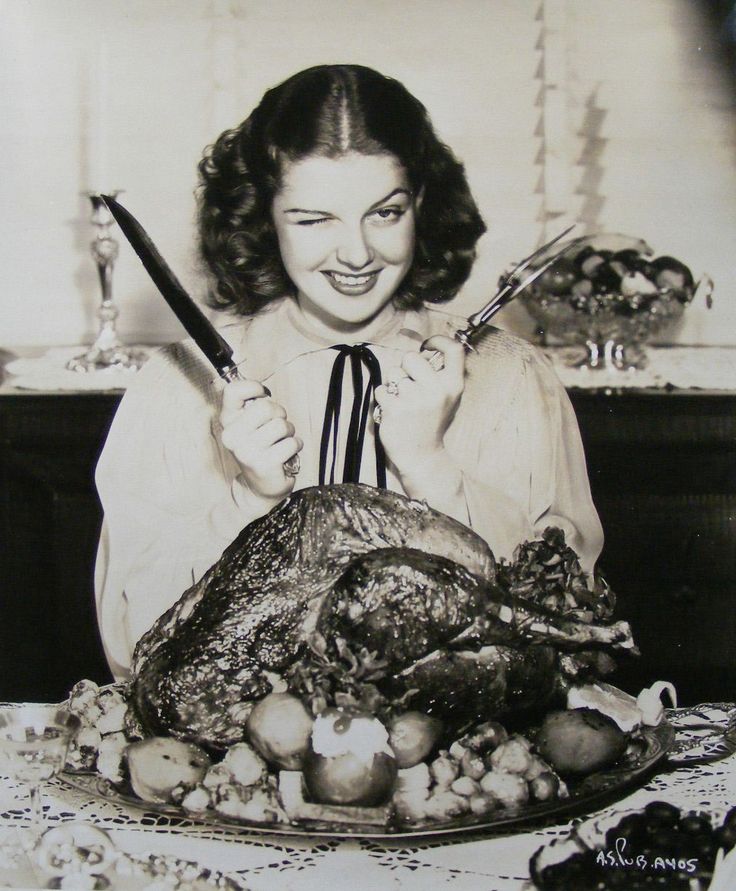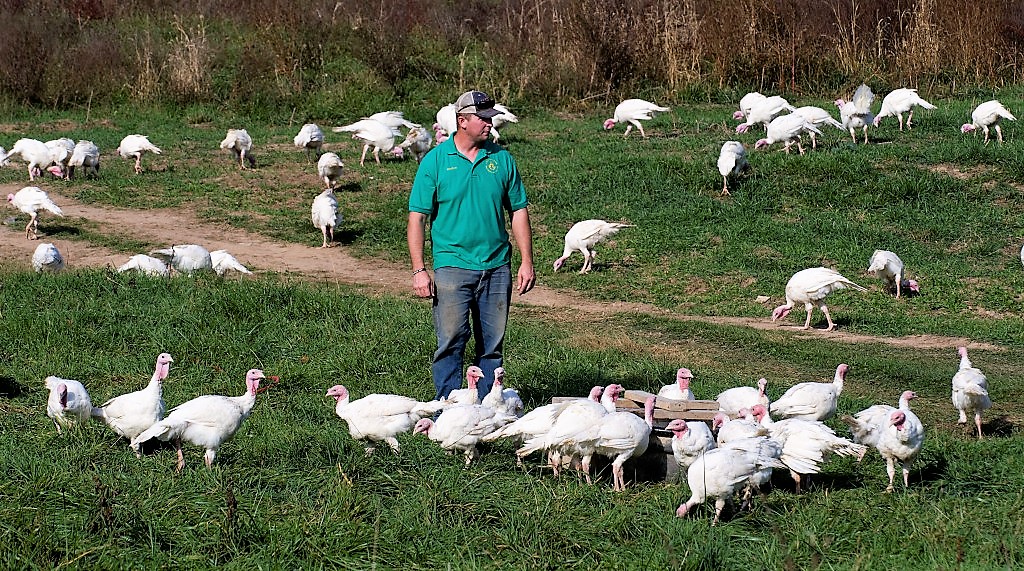

As a young child, one vivid memory I have of Thanksgiving was Mom vigorously preparing a large turkey for us to feast on later during the day. Watching her: wash, soak, season, stuff, and finally wrestle with the turkey in an attempt to tie together its legs; was quite eventful! We only had turkey once a year and Mom even gave our turkey a name: “TomTom.” (I never knew until I was an adult, that “Tom” was the name given to identify a male turkey.)
There are so many articles about the traditional Thanksgiving holiday but don’t worry, I’m not going give anyone another Pilgrim history lesson, or how much weight you might gain when enjoying your Thanksgiving feast. Instead, mention the benefits of eating a roasted turkey (Of course-not fried in peanut oil, or ordered from the local supermarket deli.).
I would like to reiterate how important it is too properly handle an uncooked turkey to avoid any unwanted bacteria issues, and always to check USDA turkey thawing and cooking guidelines online. While frozen, a turkey is safe, but as soon as it begins to thaw, any bacteria that may have been present before freezing may resurface again.

Turkey Purchasing Tip: Try to dig deep into those supermarket center aisle chest freezers for your frozen turkey. Often the turkeys on the top have been placed over the ‘designed freezer line’-which means they have been thawed and defrosted a number of times. When you are ready to prepare them, they may already be bad.
Notable ‘roasted’ turkey health benefits-
- Turkey is a low-fat, non-vegetable protein. Fish is #1 with turkey ranking #2. Keep in mind, the white meat found in skinless, lean turkey breast is healthier and lower in calories than the dark meat sections. Turkey is high in protein which helps increase the feeling of satiety-which makes you feel fuller for longer periods of time. Protein is also useful for retaining the bodies muscle mass and can stabilize insulin levels after meals.
- If possible, choose an organic, lean and pasture-raised turkey (which are tastier anyways), instead of a factory, farm-raised turkey often injected with salt, water, and who-knows-what preservatives to extend their shelf life. Pasture turkeys are raised in humane conditions without antibiotics added and they have a higher omega-3 content.
- Turkey contains the mineral selenium-which studies have suggested may decrease the risks of a number of cancers.
- Although the dark meat from a turkey has more fat and slightly more calories; it tends to contain larger amounts of vitamins and minerals, such as vitamins B-6 and B-12, choline (good for energy production), zinc, and selenium (essential for thyroid hormone metabolism).
- Turkey is a stress-busting food. The amino acid L- tryptophan helps promote serotonin production which can alleviate feelings of depression, anxieties, and stress. Additionally, it helps the immune system.
- Consuming turkey can help lower cholesterol levels and the meat is low-GI, which can help keep insulin levels stable.

Source: nvdaily.com
Fallacy: After eating your turkey dinner, you may feel drowsy and want to take a nap. You may have heard of turkeys containing the amino acid L-tryptophan which induces sleep, although this is true, you’d have to consume an enormous amount of turkey to feel sleepy. The tryptophan will simply make you feel more relaxed and calm.
So, I hope your Thanksgiving will be filled with good health, peace, love, and joy.
“Well, gang it looks like the holiday turkey will be a little dry this year”- Clark Griswold

(Source: Medical News Today)
If you like this story, please share this story with your Facebook family and friends.
For more stories from Contributing Editor, Patty Penke, check out her blog: Turn Trash 2 Cash
